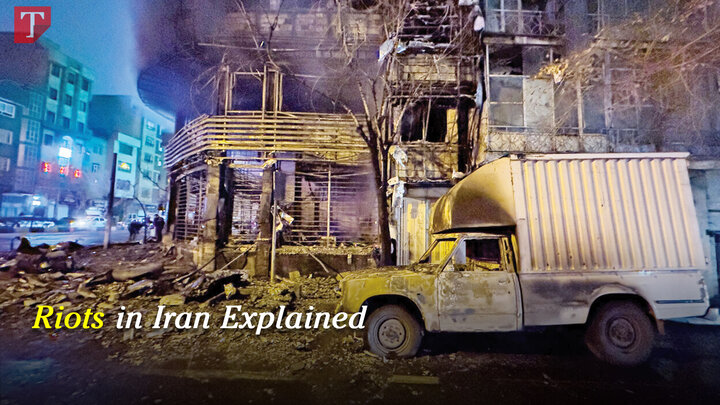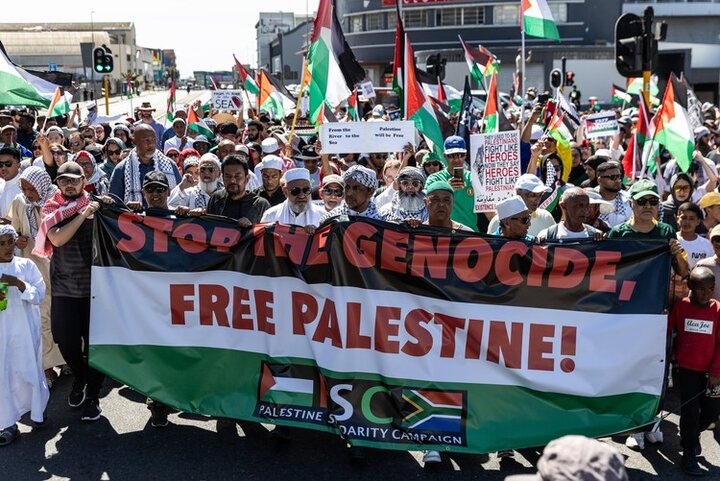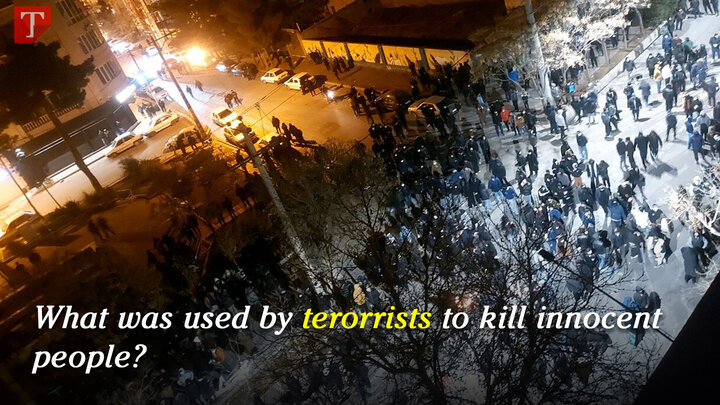-
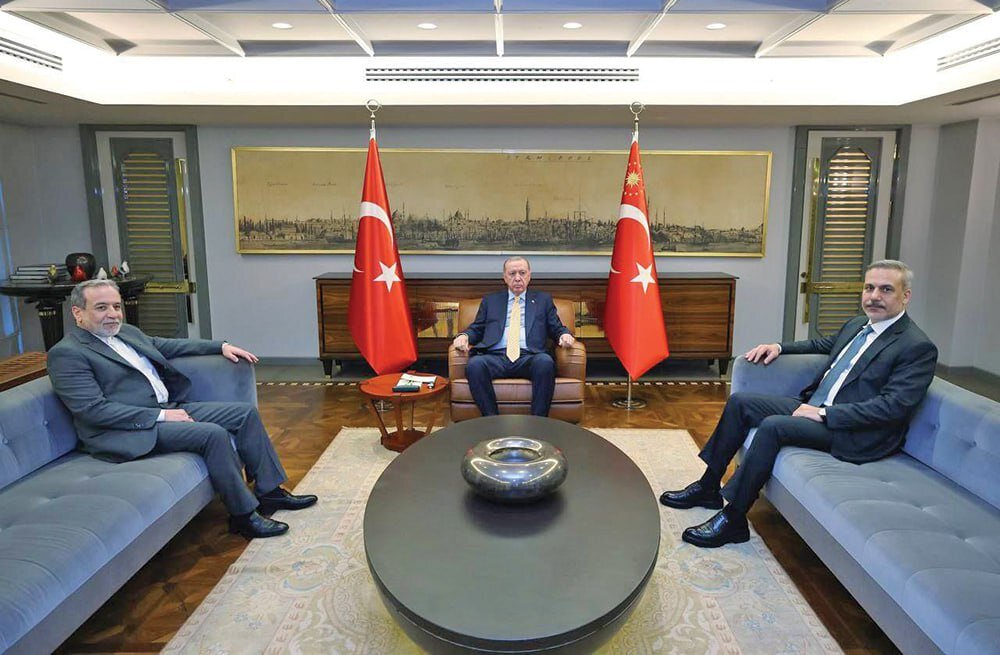 2026-01-30 21:03
2026-01-30 21:03
By Saleh Abidi Maleki
‘Iran as ready for diplomacy as it is for war’
In Ankara, Araghchi restates Tehran’s long-held position as neighbors call on Washington to halt escalation against Iran
TEHRAN – Iran’s foreign minister, Abbas Araghchi, arrived in the Turkish capital on Friday with a message for Washington that was as firm as it was measured: Tehran remains open to a diplomatic resolution regarding its nuclear program, but it will not negotiate under duress, nor will it hesitate to engage in total war if the United States miscalculates again.
-

U.S. seeks an Iran that is subservient, says Chinese expert
Hongda Fan warns U.S. and Israeli interference could reshape regional alliances and intensify security rivalries
TEHRAN-Amid renewed unrest in Iran and escalating rhetoric from Washington and Tel Aviv, questions are mounting over whether Western claims of supporting civil liberties mask deeper geopolitical objectives. To explore these dynamics, Tehran Times spoke with Professor Hongda Fan, Professor and director of the China-Middle East Center at Shaoxing University, China.
-

By staff writer
Israel’s admission of Gaza death toll shatters its own denial
TEHRAN — A quiet admission from a senior Israeli military official has opened a door Israel has tried to keep shut for two years. By acknowledging that around 71,000 people have been killed in Gaza, the official effectively confirmed what the Gaza Health Ministry has been reporting since the start of the war.
-
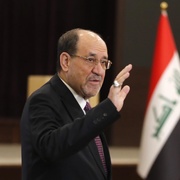
By Wesam Bahrani
Trump’s threats against Iraq could backfire
TEHRAN – The U.S. president’s aggressive rhetoric about Iraq’s political future may ultimately produce the opposite of its intended effect.
-
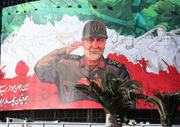
Iran to EU: IRGC is world’s premier anti-terror vanguard
FM Araghchi says Europe would be battling ISIS on its own streets without the IRGC
TEHRAN — The Islamic Republic of Iran has launched a sweeping diplomatic and political counter-offensive following the European Union’s decision to classify the Islamic Revolution Guard Corps (IRGC) as a terrorist organization.
-

Iran Army bolsters combat power with massive drone integration
TEHRAN — The Iranian Army (Artesh) has officially integrated 1,000 “strategic” drones into the combat organization of its four service branches.
Politics
-
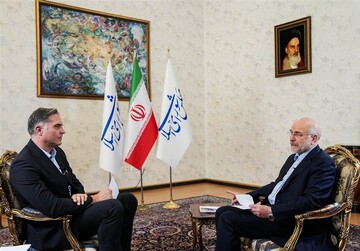
Qalibaf says Iran will pursue justice for terror riot victims at home and abroad
TEHRAN – Iran’s Parliament Speaker Mohammad-Baqer Qalibaf has reiterated that Tehran does not reject dialogue or diplomacy in principle, stressing that any negotiations must be genuine, balanced, and grounded in mutual respect, clear guarantees, and the protection of Iran’s national interests.
-
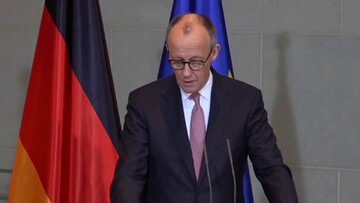
Tehran warns Berlin of consequences following Merz’s ‘low-minded provocations’
TEHRAN — The Iranian Foreign Ministry on Thursday summoned German Ambassador Axel Dittmann on Thursday to deliver a condemnation of Berlin’s increasingly aggressive interference in Iran’s internal affairs.
-
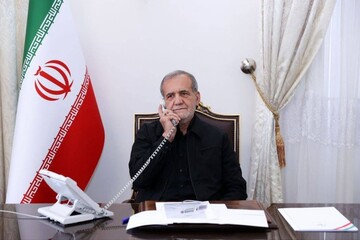
Iran’s response to any aggression will be ‘immediate, decisive:’ Pezeshkian warns
TEHRAN — Iranian President Masoud Pezeshkian has issued a stern warning against any military miscalculations by foreign powers, asserting that while the Islamic Republic seeks peace, it is fully prepared for a crushing retaliation.
Sports
-

Our main goal is gold at 2026 Asian Para Games: Behrouz Soltani
TEHRAN – Behrouz Soltani, head coach of Iran’s national wheelchair basketball team, said that their primary objective is to win the gold medal at the 2026 Asian Para Games in Nagoya.
-

We need to criticize ourselves to fix weaknesses: Jafari
TEHRAN – Marzieh Jafari, head coach of Iran’s women’s national football team, says self-criticism is essential as the team prepare for the 2026 AFC Women’s Asian Cup.
-

Iran’s Gorgan lose to Astana: 2025/26 FIBA WASL
TEHRAN - BC Astana rose to solo no. 2 in the 2025/26 FIBA WASL-West Asia League standings following a vengeful 88-73 victory over Shahrdari Gorgan at the Sarkarya Velodrome on Friday night.
Culture
-
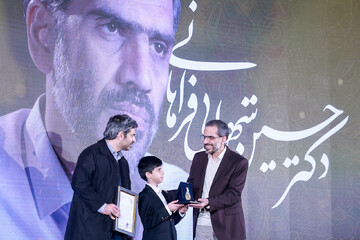
16th Ammar Popular Film Festival concludes in Tehran
TEHRAN – The 16th Ammar Popular Film Festival concluded on the evening of Thursday, January 29, in Tehran.
-
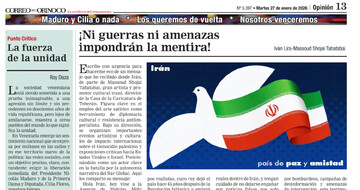
Iranian artist pens truth on Venezuela's front page
TEHRAN- An Iranian artist has articulated the nation's perspective on recent developments through the platform of a major Venezuelan publication.
-
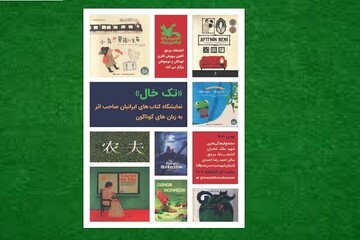
Book exhibition at Kanoon displaying 300 titles by Iranian expats
TEHRAN – A book exhibition titled “Tak Khal” (literally meaning Ace), featuring 300 published works by Iranian expats in various languages, is underway at the Reference Library of the Institute for the Intellectual Development of Children and Young Adults (Kanoon), in Tehran.
Economy
-
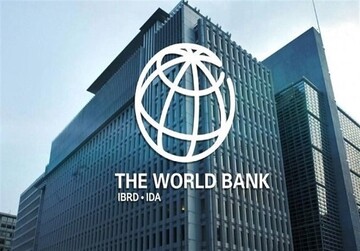
World Bank says 3 governance indicators improved in Iran
TEHRAN – The World Bank said three of Iran’s governance indicators improved in 2024, citing gains in government effectiveness, control of corruption and accountability.
-
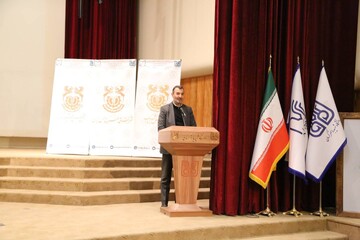
IMIDRO says 420 exploration maps to draw private investment
TEHRAN – Iran’s Mines and Mining Industries Development and Renovation Organization (IMIDRO) plans to use more than 400 newly produced exploration maps to attract private sector participation and reduce risk in mineral exploration, its head said.
-
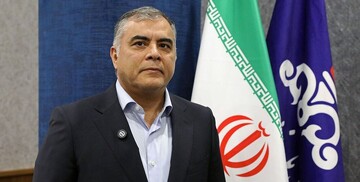
Paknejad plays down concerns over U.S. dealings with Iran’s oil customers
TEHRAN – Iran’s oil minister dismissed concerns that potential U.S. dealings with buyers of Iranian crude could undermine Tehran’s oil sales or revenues, saying the country remains in control of its export strategy.
Society
-

DOE underscores use of smart environmental protection systems
TEHRAN – Given that traditional methods can no longer meet the needs of a fragile environment, the integration of smart technologies for environmental conservation seems inevitable, an official with the Department of Environment has said.
-

Iran to host ANF specialized standardization workshop
TEHRAN – Iran will play host to a specialized standardization workshop for the member states of the Asian Network Forum (ANF) and the International Organization for Standardization (ISO) Technical Committee (TC) 229.
-
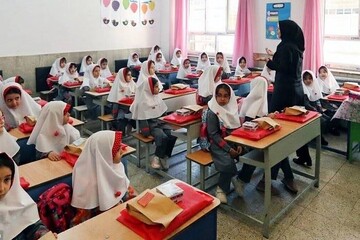
Third national event on ‘future schools’ to be held
TEHRAN – The third national event on future schools will be held in February, highlighting the use of modern technologies such as artificial intelligence (AI) and blended learning in fostering thinking skills and creativity, as well as collaboration among the future generation of students.
Tourism
-
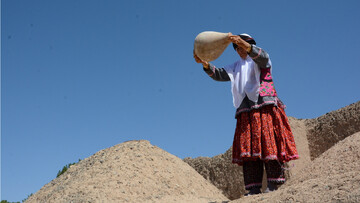
Koozeh-Shekani: Where tradition, belief and renewal converge
TEHRAN - The Koozeh-Shekani ceremony is one of the nearly forgotten traditions observed on the eve of the last Wednesday of the Iranian calendar year, coinciding with Charshanbe Suri, in some villages and towns of South Khorasan province in eastern Iran.
-
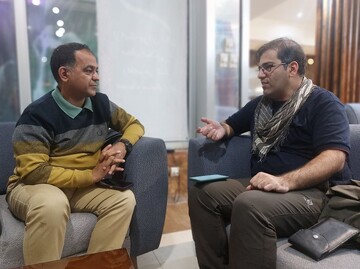
Natural heritage overlooked in Iran’s tourism policy, researcher says
TEHRAN – Iran’s natural heritage is an integral part of the country’s national identity but remains poorly defined, under-prioritized and constrained by institutional conflicts, a natural heritage expert said.
-
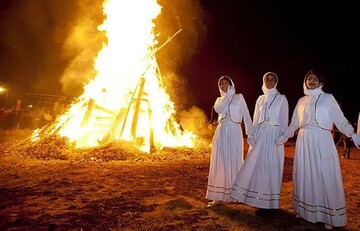
Ancient Sadeh festival can reinforce social cohesion and unity, governor-general says
TEHRAN – Kerman’s governor-general Mohammad-Ali Talebi said on Wednesday that the ancient Sadeh festival is a national ritual belonging to all Iranians and can contribute to social cohesion and unity.
International
-

Israel’s admission of Gaza death toll shatters its own denial
TEHRAN — A quiet admission from a senior Israeli military official has opened a door Israel has tried to keep shut for two years. By acknowledging that around 71,000 people have been killed in Gaza, the official effectively confirmed what the Gaza Health Ministry has been reporting since the start of the war.
-

Trump’s threats against Iraq could backfire
TEHRAN – The U.S. president’s aggressive rhetoric about Iraq’s political future may ultimately produce the opposite of its intended effect.
-

China leads the agenda: Xi–Starmer talks highlight the limits of US unilateralism
TEHRAN — British Prime Minister Keir Starmer’s visit to China has highlighted a broader shift in global diplomacy, showcasing the contrast between nations willing to engage Beijing and the unilateral approach pursued by US President Donald Trump.
Most Viewed
-
‘Iran as ready for diplomacy as it is for war’
-
Iran Army bolsters combat power with massive drone integration
-
U.S. seeks an Iran that is subservient, says Chinese expert
-
Trump’s threats against Iraq could backfire
-
Iran’s response to any aggression will be ‘immediate, decisive:’ Pezeshkian warns
-
Iran to EU: IRGC is world’s premier anti-terror vanguard
-
Tehran warns Berlin of consequences following Merz’s ‘low-minded provocations’
-
US officials' disagreement over military attack on Iran
-
Israel’s admission of Gaza death toll shatters its own denial
-
New Iranian vessel to be unveiled in Caspian Sea, co-op with Russia planned in 200 petchem projects
-
Qalibaf says Iran will pursue justice for terror riot victims at home and abroad
-
Iran’s non-oil trade tops $94b in 10 months
-
What was used by terrorists to kill innocent people?
-
Iran defeat Saudi Arabia in 2026 AFC Futsal Asian Cup
-
China leads the agenda: Xi–Starmer talks highlight the limits of US unilateralism










